Many academic disciplines have a lot to say these days about COVID-19. There are the medical experts, of course, epidemiologists, virologists, microbiologists, weighing in on the validity of “the test”, the best way to “flatten the curve”, the fallacies of statistical information, the chains of transmission and the quickest way to find a vaccine. Then there are the legal experts, scholars of constitutional law, of human rights and legal philosophers, weighing in on the dangers of having our rights taken away by our governments, whose reactions have ranged from complete denial to complete shutdown. In between these two extremes, citizens across the world are getting bombarded with governmental “suggestions”, “appeals”, “recommendations”, “directions”, “and – finally and increasingly – “sanctions” on public behaviour, often without being informed on what basis these specific shifts have been made.
While medical scholars are warning us – rightly so – about the manifold dangers of this virus, legal scholars are warning us – equally justified – about the dangers of surrendering our individual rights. These two points of view are unfortunately not easily reconciled: much rather, their representatives still tend to talk past one another. The discussion we should be having is where to draw the boundary between retaining our rights and having to sanction those who enjoy them at the expense of others.
This situation explains the unending flurry of statements, opinion-pieces and authoritative judgments of (self-proclaimed) experts we are currently witnessing across the world. People like to think they know for sure, and if they themselves do not, they at least like to think somebody else does.
This is a time in which we all are much more impressionable through the words of those who might help us regain a sense of security. It is therefore of utmost importance that there are also those who use their voice to say: we simply do not know at this point.
We need to come to terms with the fact that much of what is presented as factual these days are estimates, probabilities and interpretations. This is not at all to deny the human suffering we are currently witnessing – as we have come to do when it concerns the climate crisis, the plight of refugees, world-wide poverty, hunger, wars, and many other things that we have normalized although they would require equal outrage and immediate action. It is also not to deny that we need to take precautions such as physical distancing, and set up social safety nets for the most vulnerable.
The role of anthropologists in times such as these is to observe diligently. This is not so different from what we are used to do when we are “in the field”. But now we have to practice from inside our homes. Our job is to read across disciplines, to monitor the media, government briefs and the reports of medical institutions and to allow ourselves to feel overwhelmed while doing all that. We might feel as conflicted as everyone else is, even the “experts” who have styled themselves in such a manner that they now face problems of adapting their narrative to the dynamically evolving situation of both the virus and our governments’ reactions. We need to address our growing eerie feelings of insecurity and confusion head-on: There is no single narrative (let alone truth) that is Corona. In a situation that powerful institutions have agreed upon to label as a “pandemic”, there is, in fact, no fact out there at this point that is not at the same time political.
But what can we do from home, being so overwhelmed, seeing the problematic and political nature of all these facts and narratives?
First, we can join public debates and be a voice of prudence. This is to help de-escalate discussions where people – sometimes out of sensationalism, sometimes out of hurried obedience and often out of fear – demand that their states take extreme measures of surveillance, deprivation of liberty and sanction. The term “state of exception” has been used to such an extent that we have gotten used to it already – exactly what Giorgio Agamben warned us about.
Second, we can engage with our students and address their sense of insecurity by adapting our upcoming or ongoing courses, seminars and lectures in a way that allows the topic to influence whatever subject we had intended to work on. Since few things are as pervasive as a global pandemic, there is hardly any subject (in anthropology and beyond) which we could not reconceptualize by taking account of COVID-19. As we will have to teach digitally, it is also important to discuss the pitfalls that come with online learning, while making use of newly available resources.
Third, we can practice writing our fieldwork diaries in our homes: Note down how the virus has already impacted our own personal everyday lives, how it has led to a restructuring of our daily schedules, how it has decreased and altered the amount of time we spend with colleagues and friends and how it might have increased the number of hours we spend with members of our household. For those of us who have children, we can observe how they, too, struggle to adapt to a physical world that has suddenly shrunk and to a digital world that has suddenly expanded. We can look outside our windows and correlate how changes in governmental policies become observable in the very way people physically move in the streets. And we can honestly record our own feelings from day to day. We can then come back to these notes at a later stage – just as we do when we come home from the field.
Anthropologists are never the ones to speak up first and loudest in times of crises. This has been criticized from within the discipline and recently we have seen a resurgence in efforts to resuscitate a “public anthropology”. I am very much in favour of doing so: see Somatosphere’s COVID-19 Forum or the recent public appearances of Hansjörg Dilger, J. P. Linstroth, or Adia Benton, for example. Our task in the case of COVID-19 is to be voices of prudence, questioning the TINA principle, casting doubts at hasty consensus, and demanding specific reasons for specific measures that impact us all.
It might be that not many want to hear us out. We tend to make things more complicated. But we should keep trying because this is exactly what they are.

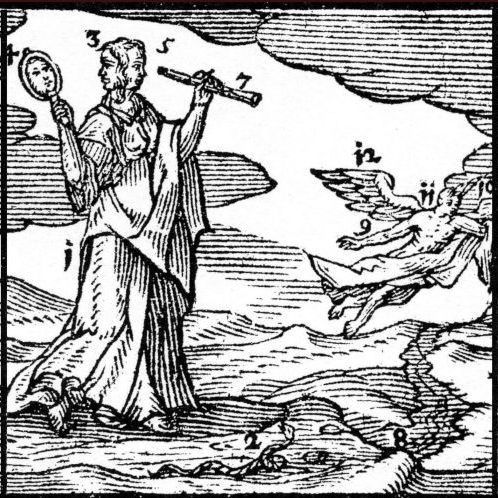

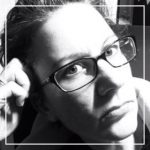
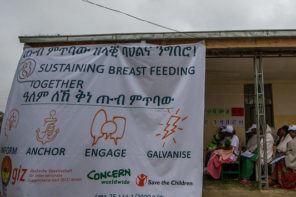


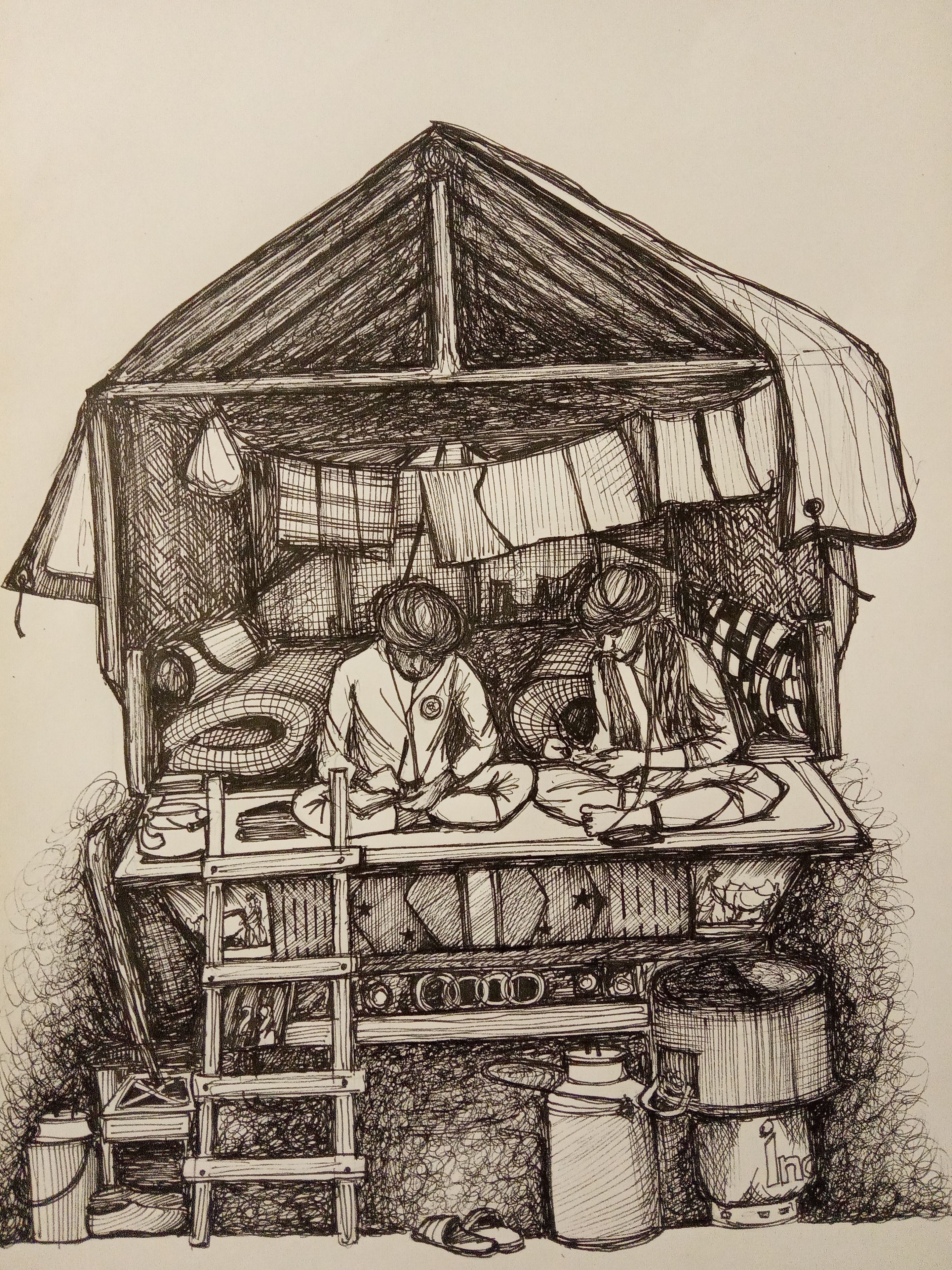
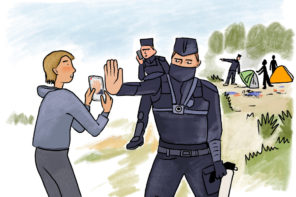

1 Comment